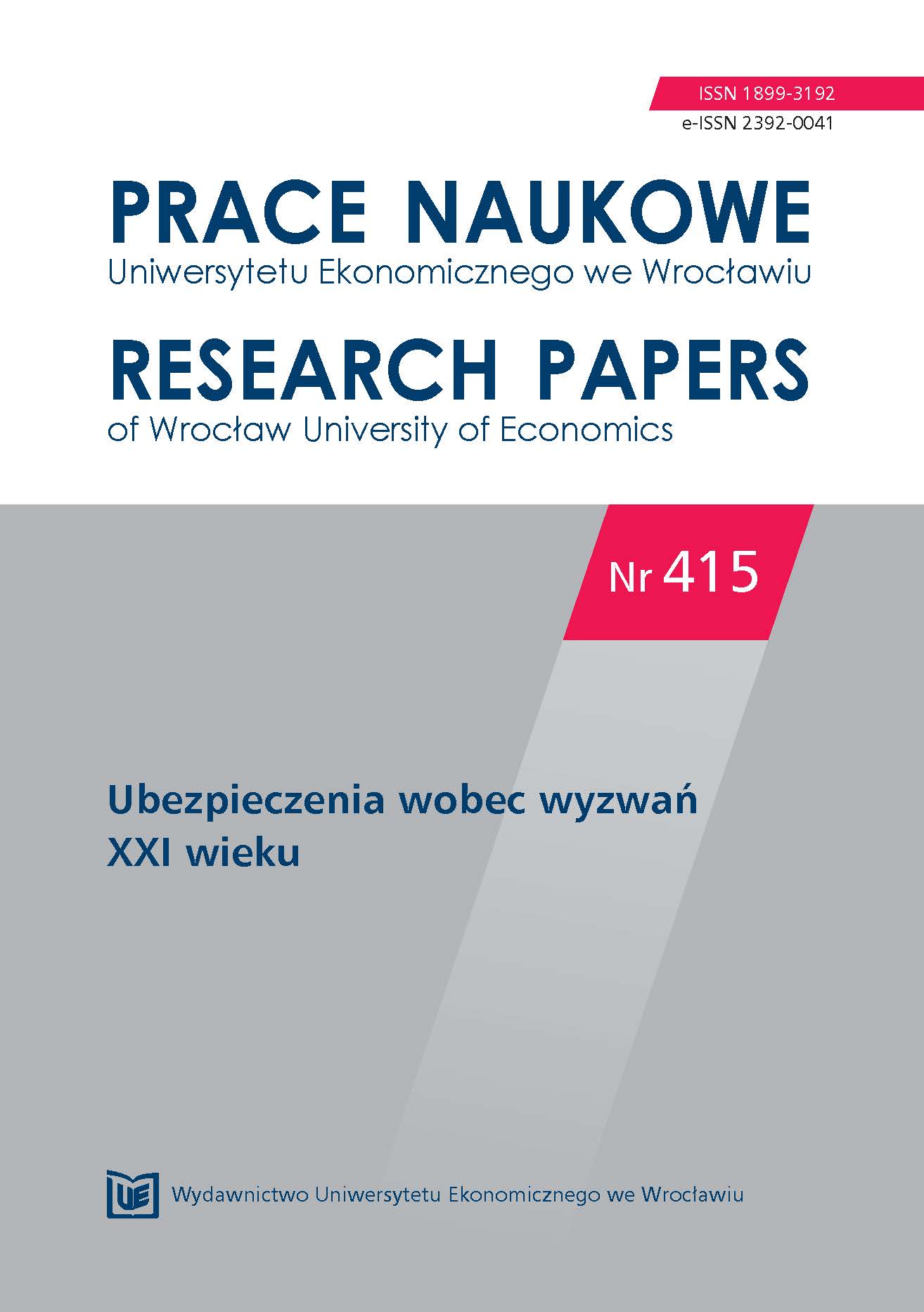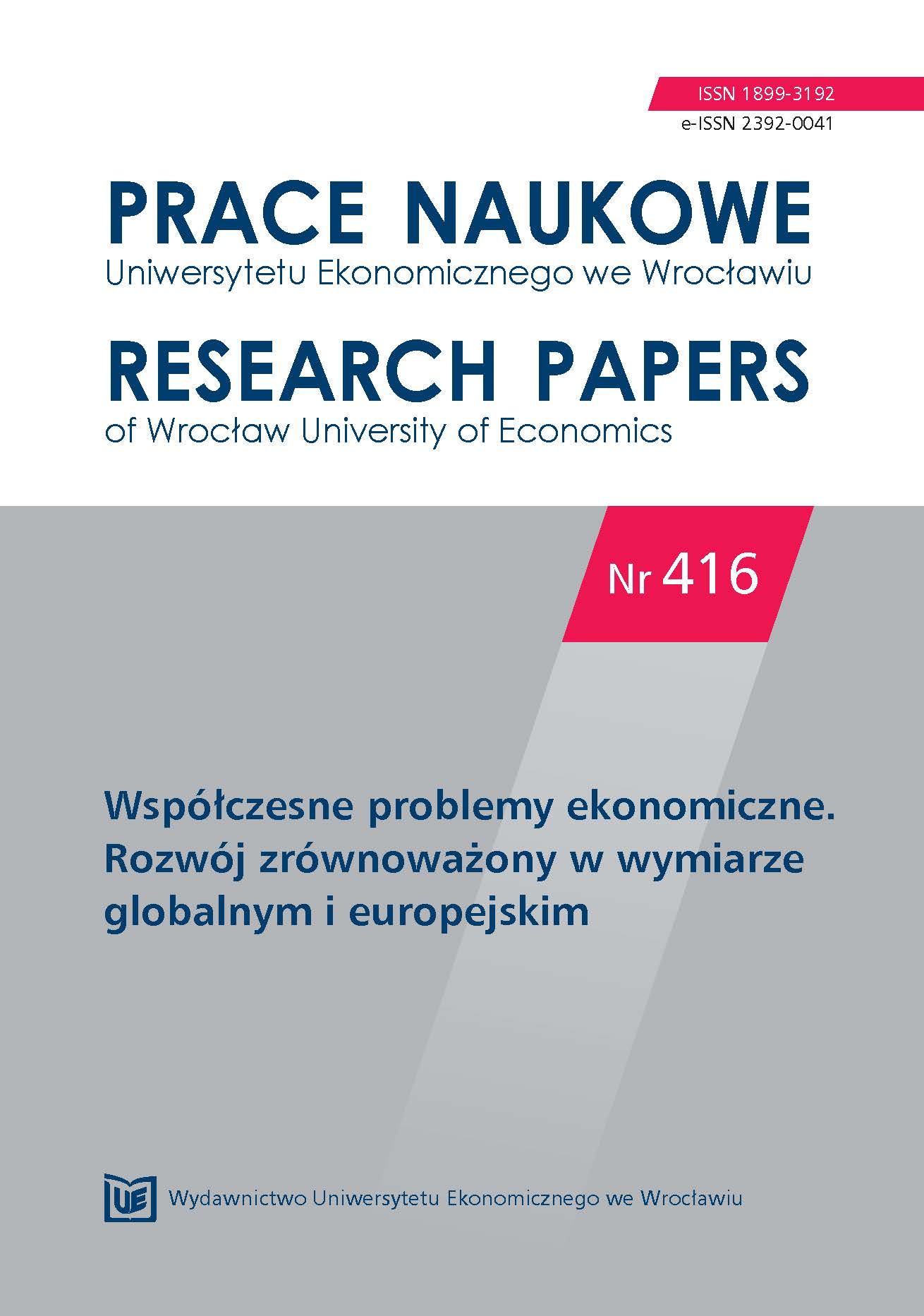Partycypacja osób młodych w dodatkowym systemie emerytalnym
Author(s): Sylwia Pieńkowska-Kamieniecka / Language(s): Polish
/ Issue: 415/2016
Keywords: additional pension scheme; young people; individual pension programs; occupational pension programs
The article presents the attitude of young people to saving for retirement and participating in the additional pension programs. The article shows the scale of participation in these programs and barriers to saving for retirement among young adults in Poland and in the selected countries in the world. According to the research results, young people think that saving for retirement is important, but it is not a current priority. Consequently, the rates of participation of young adults in Poland in the additional pension schemes are low. Within the main reasons of this situation are the lack of money to invest and the uncertain economic situation. On the other hand a pay rise, more generous tax breaks on pension products and providing retirement plan into which not only employee, but also employer could contribute, would encourage young people to save additionally for retirement. The article presents the attitude of young people to saving for retirement and participating in the additional pension programs. The article shows the scale of participation in these programs and barriers to saving for retirement among young adults in Poland and in the selected countries in the world. According to the research results, young people think that saving for retirement is important, but it is not a current priority. Consequently, the rates of participation of young adults in Poland in the additional pension schemes are low. Within the main reasons of this situation are the lack of money to invest and the uncertain economic situation. On the other hand a pay rise, more generous tax breaks on pension products and providing retirement plan into which not only employee, but also employer could contribute, would encourage young people to save additionally for retirement. The article presents the attitude of young people to saving for retirement and participating in the additional pension programs. The article shows the scale of participation in these programs and barriers to saving for retirement among young adults in Poland and in the selected countries in the world. According to the research results, young people think that saving for retirement is important, but it is not a current priority. Consequently, the rates of participation of young adults in Poland in the additional pension schemes are low. Within the main reasons of this situation are the lack of money to invest and the uncertain economic situation. On the other hand a pay rise, more generous tax breaks on pension products and providing retirement plan into which not only employee, but also employer could contribute, would encourage young people to save additionally for retirement.
More...


